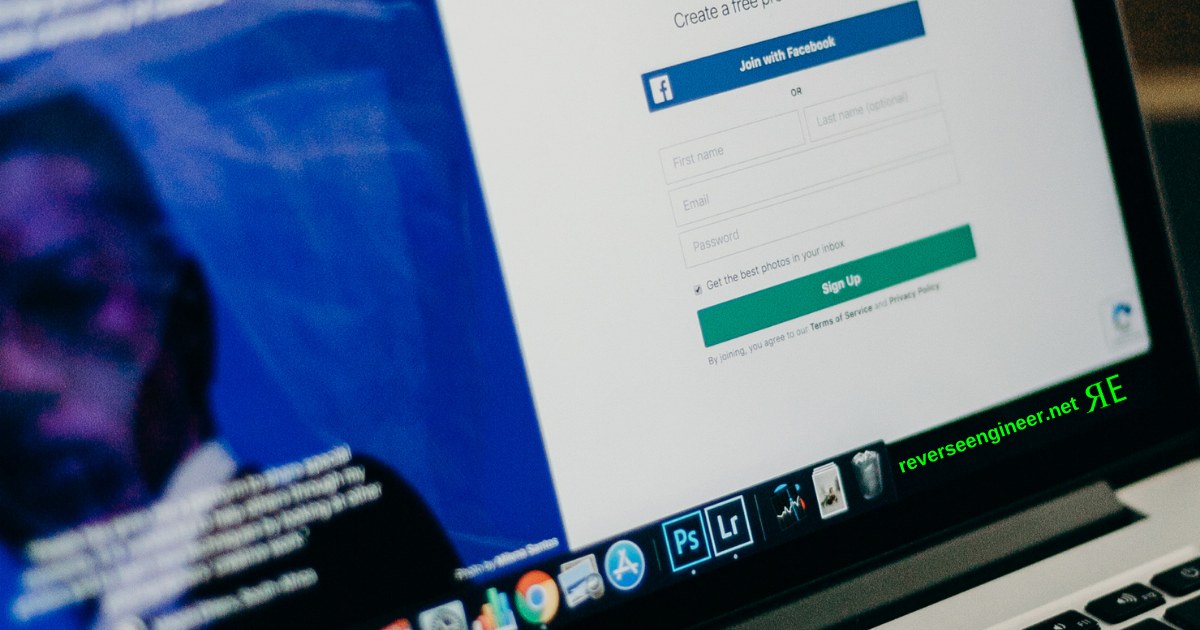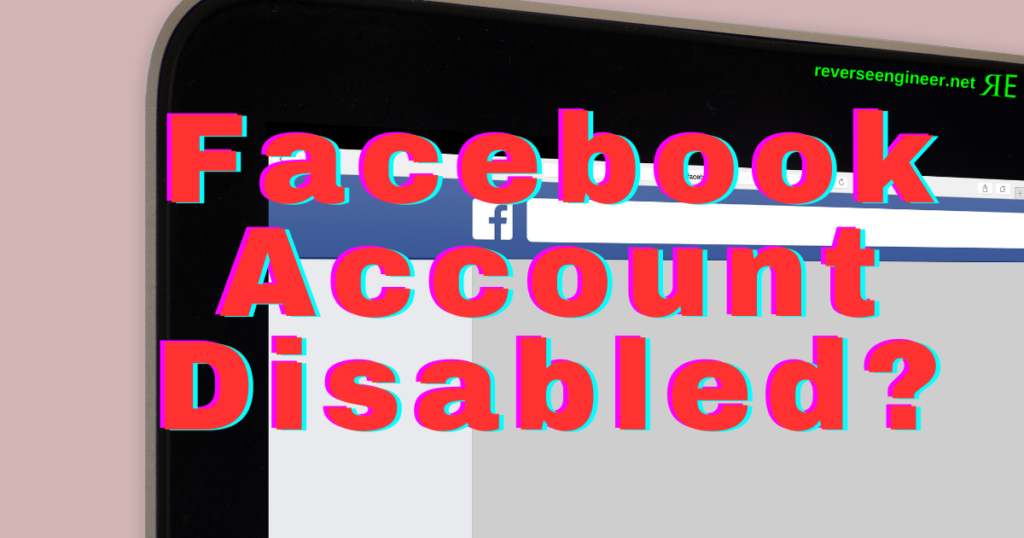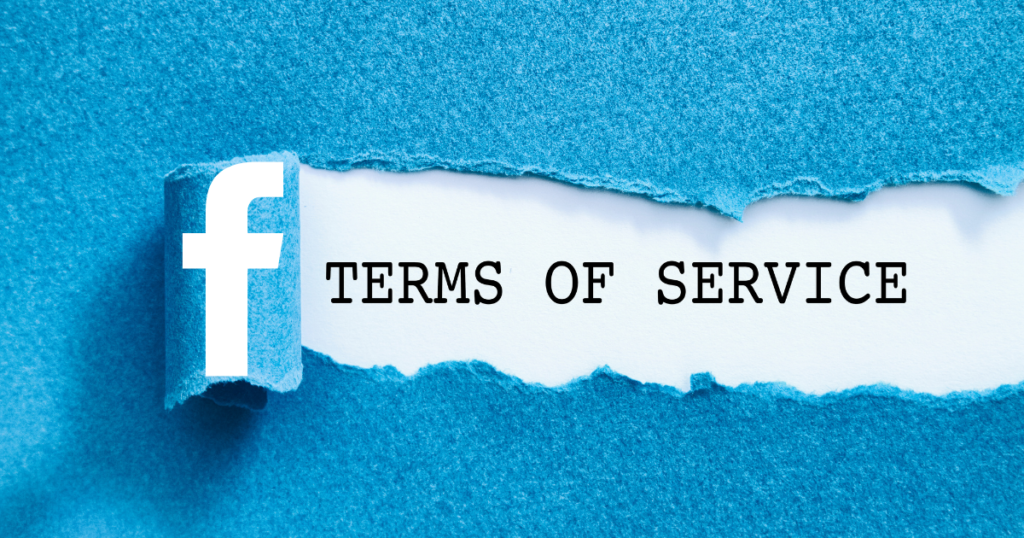
Disabled Facebook Account Understanding When Your Facebook Account Disabled
Facebook regularly enforces community standards to ensure a safe and respectful environment for its users. An important aspect of this practice is disabling accounts that violate the platform’s policies. There are several common reasons why a disabled Facebook account, and understanding them is crucial for users looking to effectively recover their accounts.
One common reason for account deactivation is spamming. This refers to actions that disrupt the user experience, such as sending repeated messages or running large amounts of unwanted promotions and ads. Such activities are considered detrimental to the community.
Another common reason for account deactivation is the creation of fake profiles. Facebook requires users to accurately present their identities using real names and accurate information. Accounts that appear to be impersonating others or consisting of fake identities are subject to review and potential deactivation.
Inappropriate content is also a major factor in disabled Facebook account. This includes posts that violate Facebook’s strict content guidelines and are offensive, threatening, or hateful. Users must adhere to community standards, as repeated violations may result in account suspension.
On top of all this, users may unknowingly engage in actions that violate Facebook’s terms, such as using third-party apps that do not comply with the platform’s rules or requesting “likes” and shares without authorization. Recognizing these behaviors is important so that users can change their practices and avoid future deactivation incidents. By understanding the reasons behind Facebook account deactivation, individuals can more effectively manage the recovery process and take steps to prevent future issues.

Signs That Your Facebook Account Has Been Disabled
There are a few clear indicators that your Facebook Account has been disabled. Noticing these signs early can help you recover more efficiently. One of the most obvious signs is that you are unable to log in to your account. If you receive a notification that your account has been disabled when you enter your credentials, this is the clearest indication that access has been restricted.
Another important sign is when you receive notifications that your account has violated Facebook’s community standards or terms of service. These messages can vary in tone and detail, but they basically indicate that your account has been disabled. These notifications may include warnings about specific actions that led to the deactivation, usually pointing to posts or comments that violate Facebook’s guidelines. If you receive such a notification, you should take it seriously and identify the root cause and avoid repeating it.

You may also be unable to use certain Facebook functions. This means you can’t send messages, post comments, or access certain features that were previously available. These types of changes can happen without warning and may lead users to suspect that their account status has changed. Other changes could include restricting your profile visibility or your friends being unable to find or interact with your account.
Each of these signs is a potential warning that your Facebook account may be disabled. If you experience any of these scenarios, it is recommended that you take immediate action by understanding the underlying issues that led to the deactivation. The sooner you address these concerns, the better your chances of reinstating your account. If you notice any of these on your account, our expert facebook account recovery team can quickly identify and fix the problem.
Please contact us so we can take the necessary steps.
Steps to Take Immediately After Account Deactivation
When you realize that your Facebook account has been disabled, the first and most important step is to check your email inbox for any communication from Facebook. The platform often sends notifications regarding the account status, detailing the reason for the deactivation and providing information on possible next steps. If you have multiple email accounts, be sure to review all associated email addresses, as the communication may not have been sent to your primary account.
Once you have confirmed that you have received an email from Facebook, read the instructions provided carefully. This correspondence may include information about the specific violations that led to the deactivation, which is vital to properly addressing the issue. Understanding the reason will help you respond appropriately and appeal the decision if necessary.
Then, contact ReverseEngineer.net’s account recovery team to explain the issue to us, so that we can assist you in regaining access to your account and better understand the process. This gives us full control without any wrongdoing and increases your account recovery chances to 100%.
At this critical time, it is important to avoid any activities that could make the situation worse. Avoid creating a new account or trying to violate Facebook’s policies, as this could hinder our recovery chances.

When to Seek Professional Help for Account Recovery
Recovering a disabled Facebook account can often seem like a simple process, but it can be tricky. There are times when professional help may be needed. Knowing when to seek professional help is crucial, especially if standard recovery methods have proven ineffective. There may be times when users encounter persistent issues such as repeated denials when trying to restore access, or where they may have lost critical data that requires immediate recovery.
In such scenarios, engaging with professionals like those at reverseengineer.net can speed up the process significantly. The expertise offered by a dedicated team familiar with the technicalities of social media platforms can make a big difference. This team is well-versed in the nuances of Facebook’s recovery protocols and can provide personalized support to help guide successful resolution of account access issues. Users may find that they benefit from their specialized knowledge and resources, especially when dealing with complex cases involving authentication disputes or security concerns.
Furthermore, if you suspect that your account has been disabled due to a security breach or attack, immediate professional intervention becomes even more important. The experts at reverseengineer.net can help you assess the situation, monitor for other threats, and restore your account while protecting your personal information. Using their services can minimize downtime and help you restore your online presence more effectively.
For those who are overwhelmed by the recovery process or are unable to navigate the available options, seeking help is a prudent step. If you need expedited support to restore access to a disabled Facebook account, consider contacting reverseengineer.net. We provide fast solutions and will guide you through your recovery journey, ensuring you have the best chance of successfully restoring your account.
Let's Work Together
Need Professional Assistance with Reverse Engineering or Cybersecurity Solutions? Our Team is Ready To Help You Tackle Complex Technical Challenges.